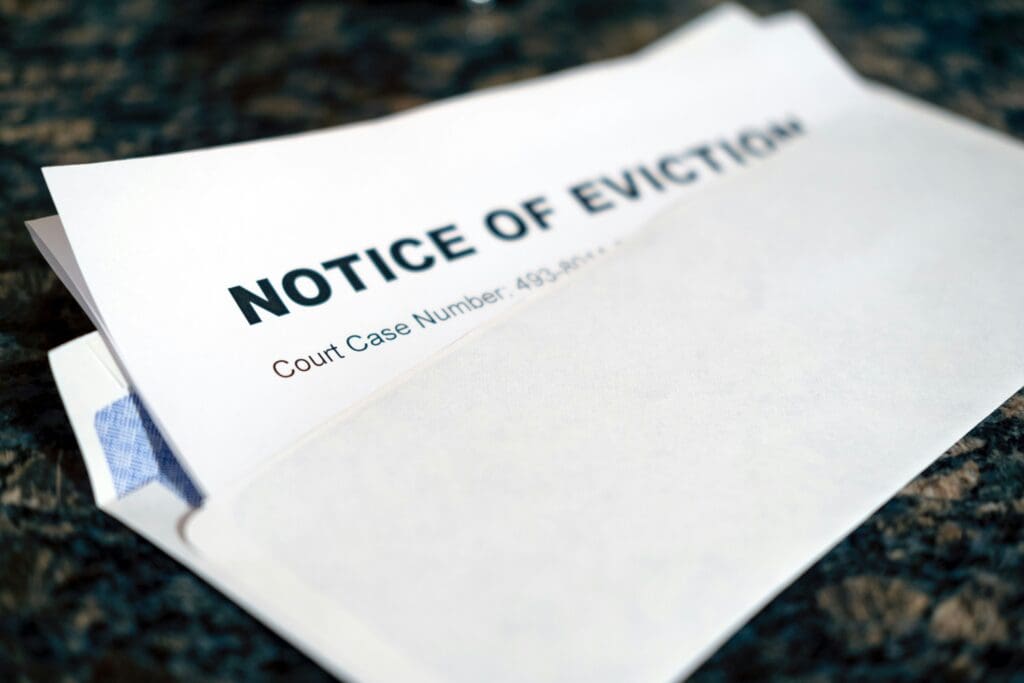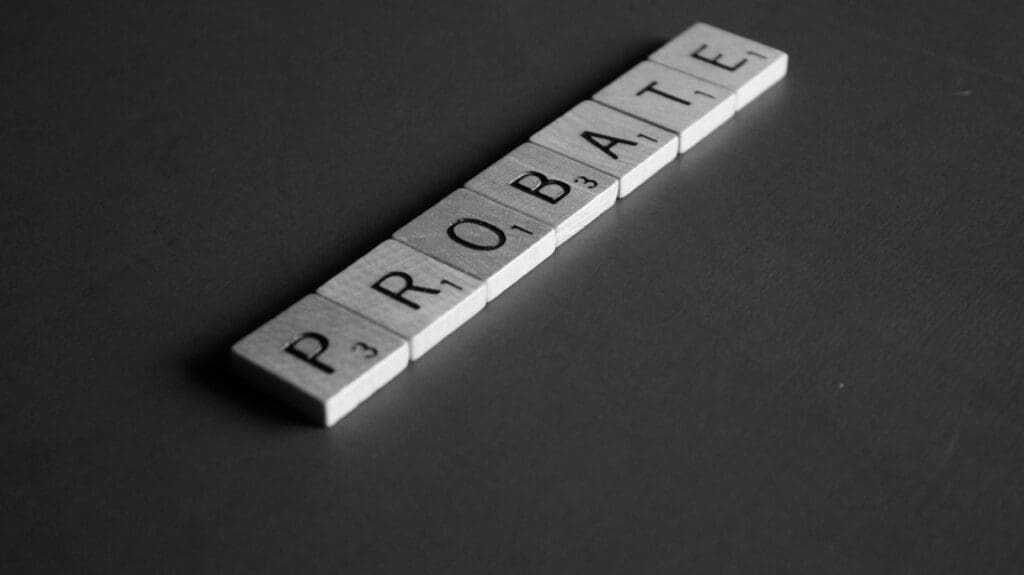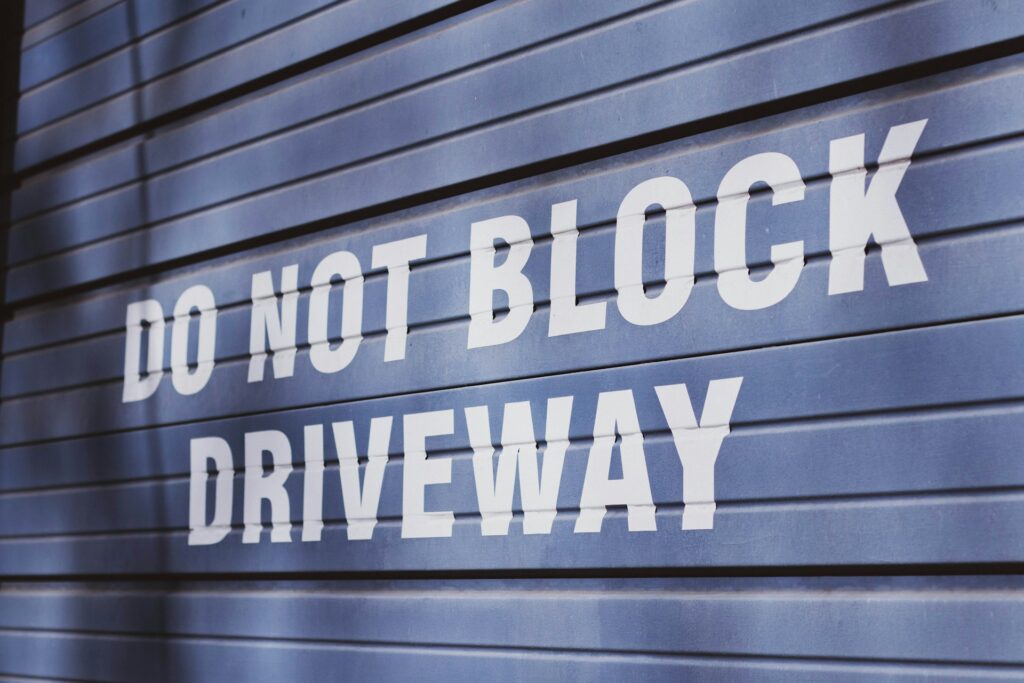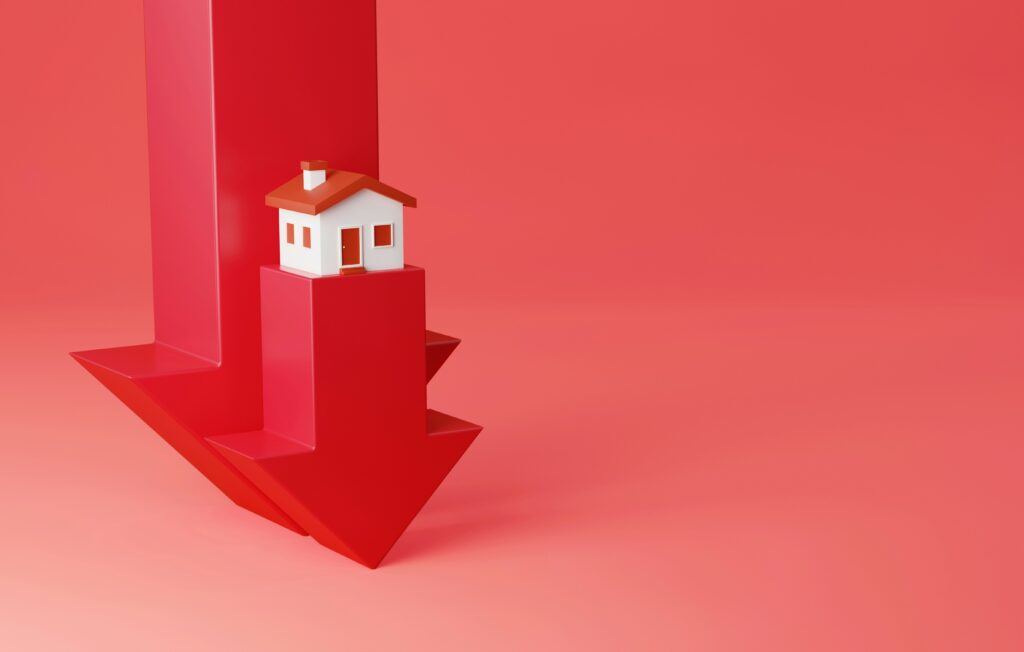What Happens When a Leasehold Expires?
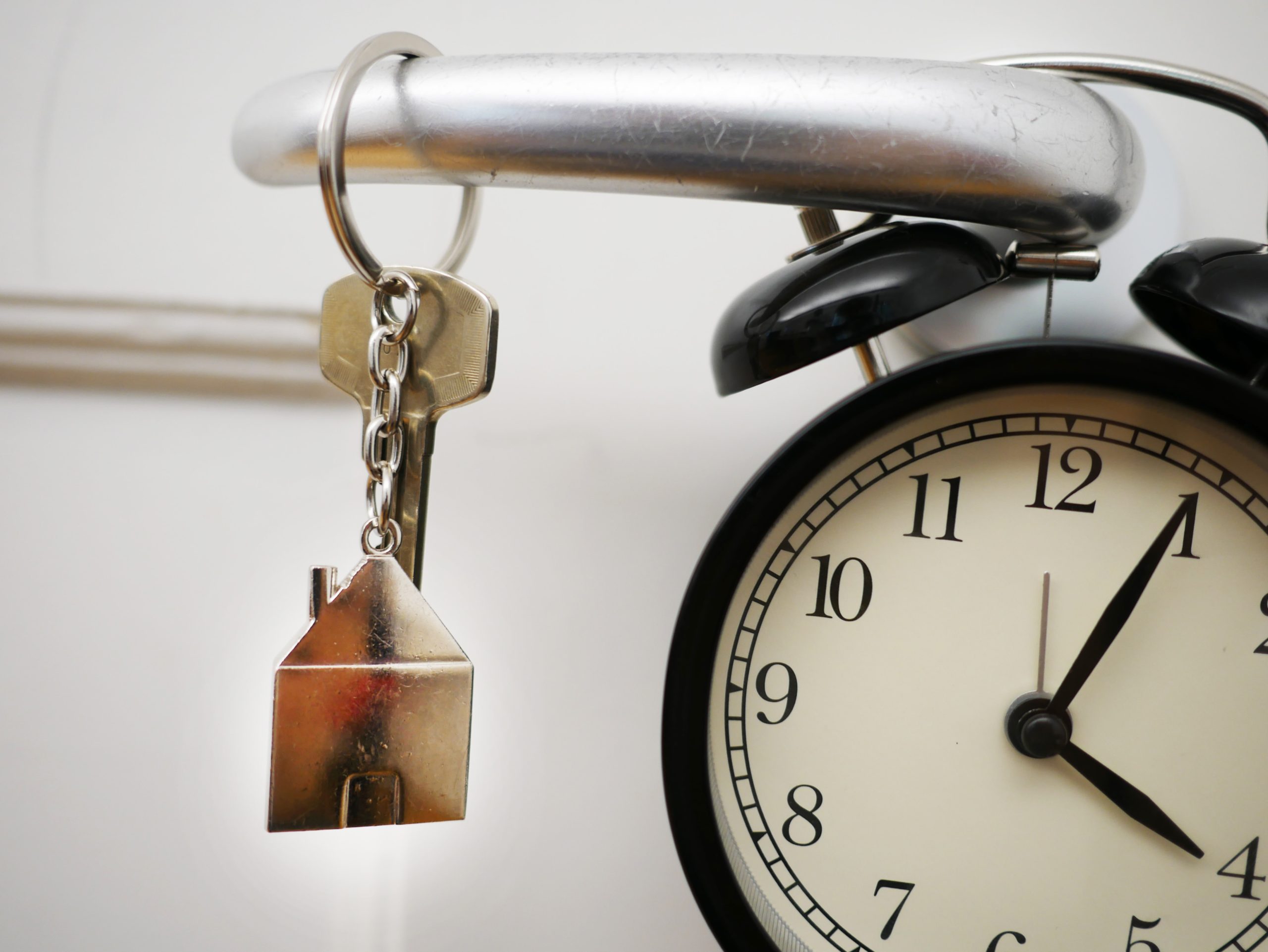
Estimated reading time 7 minutes
A short while ago, we covered the differences between leasehold and freehold – two common terms in property that will often leave buyers unsure of what their ownership status would be. Feel free to head over to that guide to understand the differences between the two, but if you already know, you may want to understand what happens when a leasehold expires.
In this edition of our blog, we explain what happens when a leasehold expires and how a short lease can make buying and selling property not particularly easy or appealing.
What is the difference between leasehold and freehold?
A leasehold property is where you might own the house or flat, but not the land it is on. You will therefore pay a landlord a ground rent for maintenance of the grounds. A lease is normally for a set period, ranging from as little as 50 years to as many as 1,000.
A freehold, on the other hand, is where you own both the property and the land. This means there are no ground rents or maintenance fees to pay a landlord as you own it all, and can do for as long as you wish.
In most cases, a leasehold will apply to a flat and a freehold to a house.
How long should a lease run for?
A typical lease on a property will range from 99 to 999 years, but can be any length. The term is not reset when a new occupier purchases the property, meaning the lease is always running down from its initial term until it is renewed.
In many cases, once a lease has 80 years or less remaining on it, a property becomes harder to sell and depreciates in value much faster. Lenders prefer not to offer mortgages on properties with such short leases so they becomes harder to sell, and almost impossible to buy. Unless, of course, a cash house buyer purchases it.
How do I find out how long is left on a lease?
If you are aiming to purchase a leasehold property rather than freehold, it would be beneficial to find out how long is left on the lease. When buying, the estate agent will give you the information as long as they can access the lease title. You can also apply via the Land Registry for a copy of the Leasehold documents. There will be a charge for this, but at least you will have the required information to help you make an informed decision regarding the property. You should also ensure you know how long is left on the lease if you already occupy the home. Knowing how long remains will help you understand whether you should consider selling. As mentioned earlier, a short lease could make it harder to sell.
What happens if the lease expires?
If a lease expires, the property becomes a freehold property and therefore is owned by the landlord. This means that the landlord now owns both the property and the land it is on. If you’re the homeowner and have cleared the mortgage, it still goes back into the hands of the landlord at the end of the lease.
This can be particularly concerning if you have spent 30 years living in the home, cleared the mortgage and are now looking forward to retirement only to find that you no longer have any legal ownership rights over the property.
What to do when the lease ends on a property
If the lease run out on a property, you are still able to remain living there, even though ownership has passed to the freeholder. The terms of the lease may have ended, but unless the landlord takes specific steps to terminate the agreement, you are entitled to stay in the property in line with the terms of the initial lease. You do not need to do anything until the landlord issues notice.
For the lease to officially come to an end, one of the following must happen:
- You formally surrender the tenancy
- The landlord serves notice to gain possession of the property via a court order
- The landlord serves a prescribed notice proposing an assured tenancy where a rent is due on the property each month
If none of the above have occurred, you may be able to extend the lease
Can you extend the lease on a leasehold property?
You can ask the landlord to extend the lease at any time. If you qualify to extend the lease on a flat, you could see it extended by 90 years. If you live in a house, the term could be extended by 50 years.
Extending the lease on a flat
Two routes can be followed to extend the lease on a flat. These are known as the formal and informal routes. The formal route follows a path that abides by strict timeframes and procedures as set out by law. This is often seen as more protective of the leaseholder, as the option to appeal via tribunal is available. This is particularly beneficial if the terms and prices of the lease extension are not agreed by the freeholder and leaseholder.
The informal route sees the leaseholder approach the freeholder and investigate the possibility of extending. The freeholder has no legal obligation to reply or agree to any request, although if they accept the idea, negotiations between the two parties will need to take place. It is often recommended to go down this route first as it can work out to be much more cost-effective. Then, should negotiations fail, you can fall back on the formal route to try and seek a resolution to having the lease extended.
Extending the lease on a house
If you cannot afford to purchase the freehold and the lease is expiring, you may wish to seek an extension. The Leasehold Reform Act of 1967 means that a homeowner might be able to extend their lease by 50 years. Whilst beneficial, it should be expected that the ground rents on this new lease will be more in line with modern ground rents and therefore more expensive than the original charges. However, since 30th June 2022, The Leasehold Reform (Ground Rent) 2022 Act has come into force, stopping the ground rents on most new long-term residential leases. Statutory lease extensions for properties under the 1967 agreement will remain in place, though. It is advised that you seek legal advice before proceeding. This helps you to ensure a full understanding of what will apply to your property.
Extending a lease not only gives you the added security of being able to stay in the property, but it can also help increase the value of the property where a short lease may have seen it decrease.
If you have discovered your lease is too short for buyers to be able to secure a mortgage, speak to Bettermove. Our cash house buyer model means that we can purchase a property regardless of the length of the lease – not only that, but we do it fast and for free. It's true, if you've ever pondered "can I sell my house for free?" We have no hidden charges, no hassle; just a simple route to sell your house fast. Perhaps most importantly, we work to your timescale. We can have your home sold in just seven days, but should you need longer to get your affairs in order, just let us know. Why not contact us today so we can help you sell your short-lease property fast?
